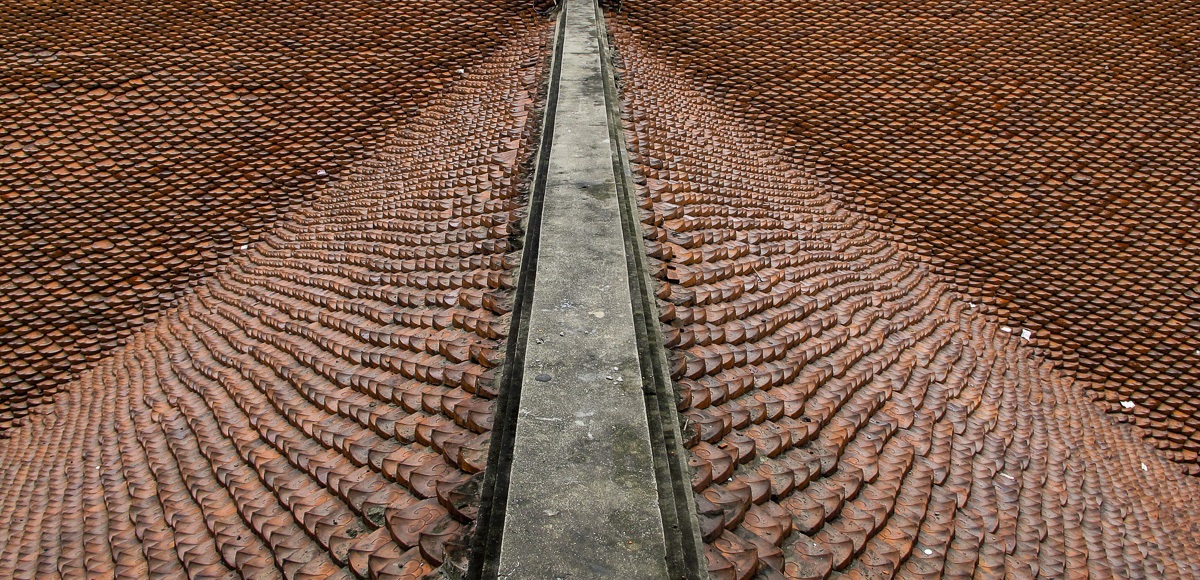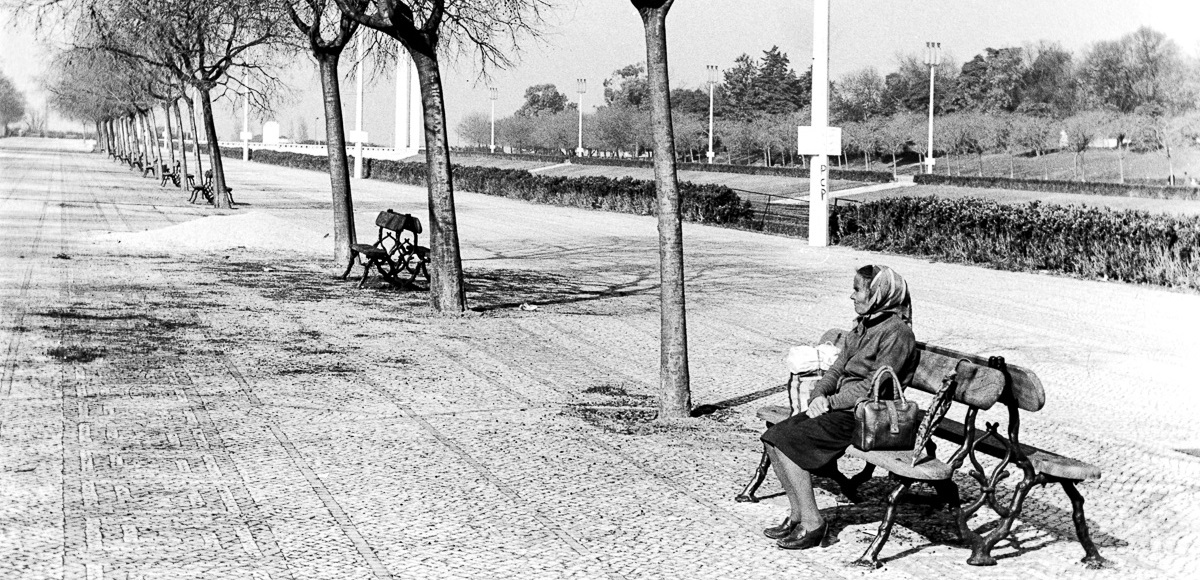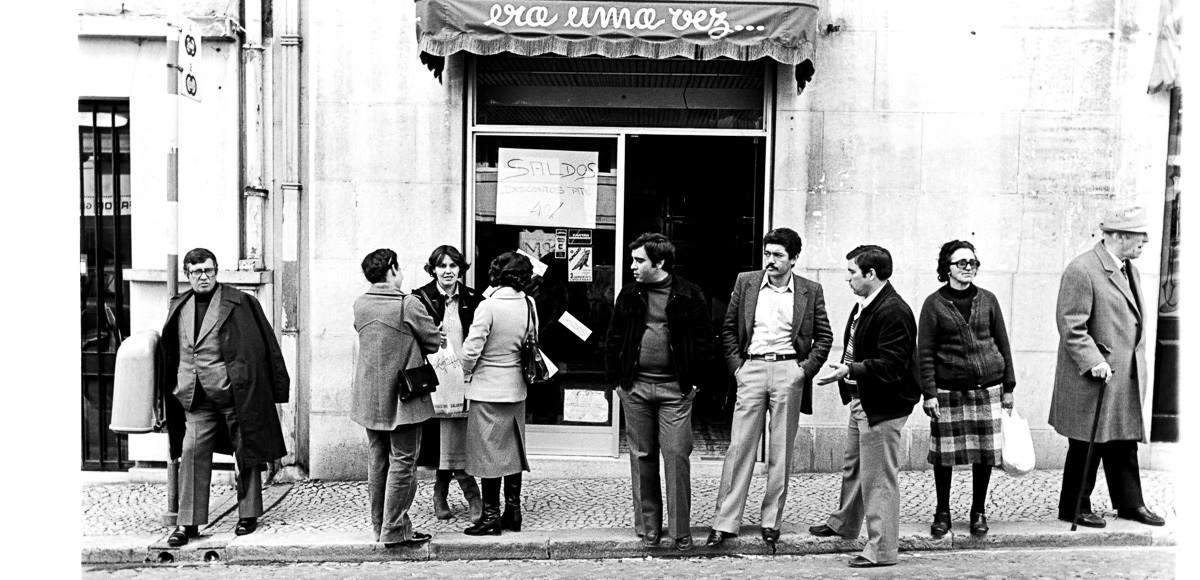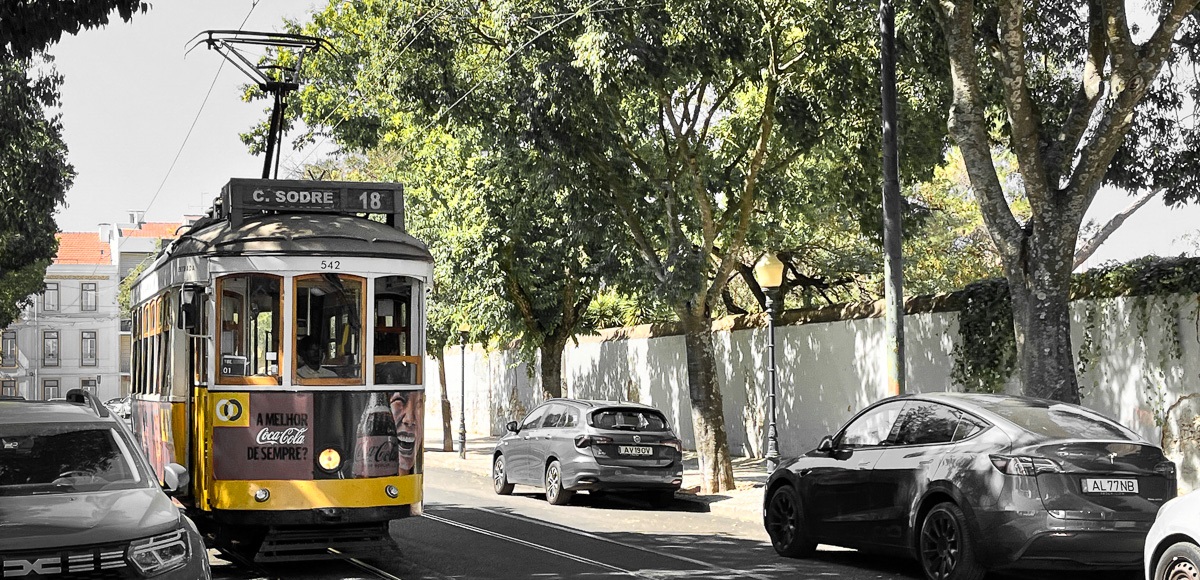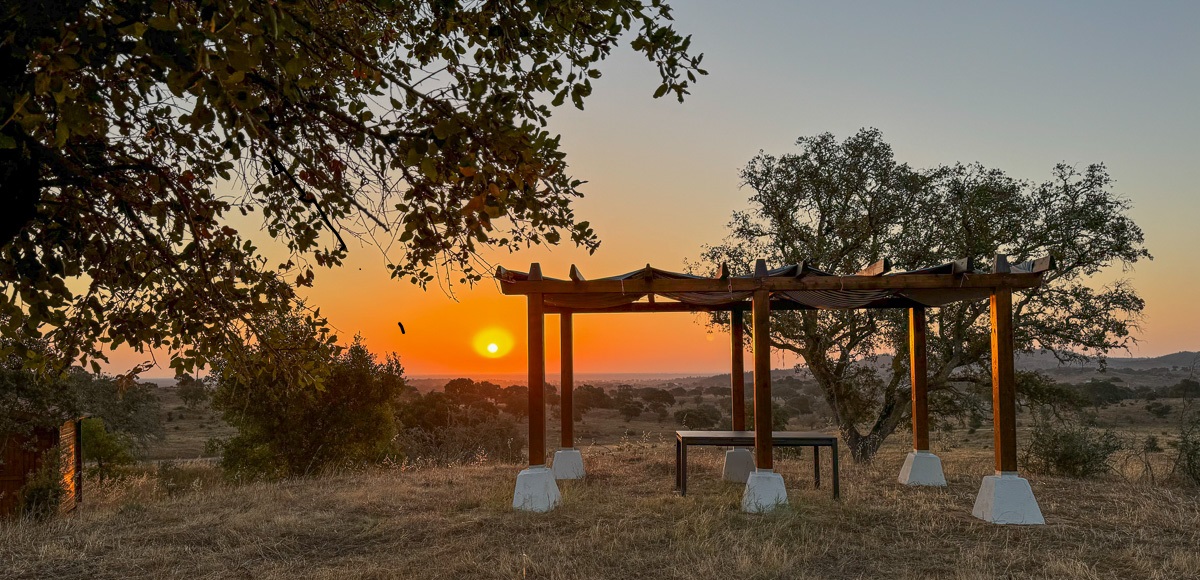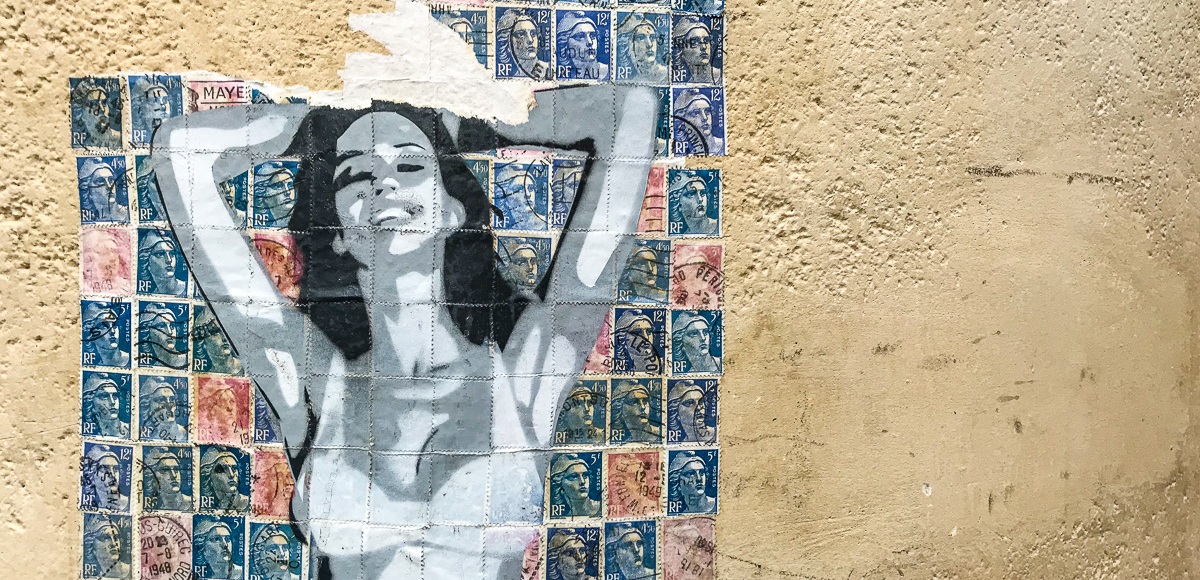I
“You are governing; what need is there for killing? If you desire the good, the people will be good. The virtue of the superior man is wind; the virtue of the small person is grass. When wind passes over it, the grass is sure to bend.” — Confucius’ response to the ruler of the Chinese state Lu, when asked if it was wise to exterminate those without virtue.
In response to the protests currently gripping the U.S. Senator Tom Cotton of Arkansas (an arch conservative, ex military man) proclaimed: “we need to have zero tolerance for this destruction,” he wrote, calling protesters “Antifa terrorists.” “And, if necessary, the 10th Mountain, 82nd Airborne, 1st Cav, 3rd Infantry — whatever it takes to restore order. No quarter for insurrectionists, anarchists, rioters, and looters.” The message was much appreciated by the Trump administration. “No quarter” is military-speak for killing all adversaries without the need to try and capture them.
II
June 4th was the 31st anniversary of the Tiananmen protests. The date passed with much less a stir than I remember it. The South China Morning post dedicated waxed about how thousands in Hong Kong vowed to keep alive the memory of the uprising. The vigil had an eerie quality in face of the on-going protests in the Territory.
The U.S. media included a blurb or another about the occasion, but clearly favored the coverage of the on-going unrest in the Country. Violence in American streets drives traffic, whereas nostalgic and peaceful vigils across the globe do not.

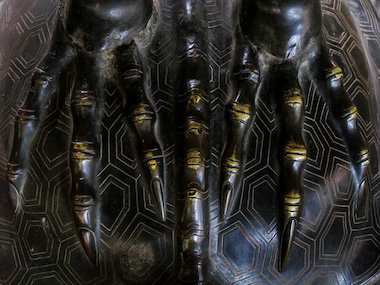

III
Early in 1989 I registered for a trip to China through Berkeley’s Graduate Theological Union. My faith and religiosity were already in rapid disintegration, but this was a way to enter an hitherto closed country with minimal hassle (even then, I could not dissociate adventure from convenience) and as I waited for the departure date, the Chinese students began their protests, early in the protests the GTU cancelled the trip, and, instead, I drove to Vegas with friends for an extended weekend at the temple of Western excess. A year later – more out of ennui than necessity – I moved back to Portugal to try and build a life in the old country, one year after that I began dating my future wife, and we married a year thereafter.
In early 1989 my wife had purchased a ticket to return to Beijing after six years studying in Portugal. She was part of the small contingents of students that the Chinese government sent abroad to study, absorb a modicum of foreign mores and then lead the great opening to the world that Deng Xiao Ping had envisioned. The blooming protests made her decide not to return, and with that, she went from a life of likely privilege to one of a dissident, living in an utterly foreign country.
IV
The iconic image of the lonely man in his white shirt and shopping bags blocking the tanks leaving Tiananmen square impresses in great part by its anonymity: the man’s identity remains a mystery, the tanks only had the 8-1 mark of the PLA’s standard equipment (a reference to August 1st, in which young Communists started the Nanchang Uprising), and no other mark, suggesting that they pass the accountability of their actions up the chain of command to the Government, a level at which people are commonly identifiable.
The US media has been abuzz with photos of large groups of agents in riot gear and no names nor insignias, deployed to quell the raging protests. This anonymity passes the accountability of their actions up the chain of command to a level where we find the US Attorney General and the president himself. It is ironic that these troops carry less identification than the Chinese tanks in Tiananmen.
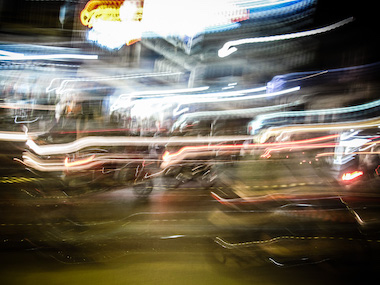
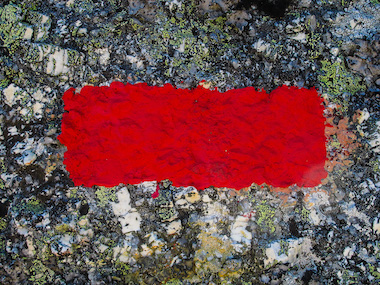

VI
In 1996 I attended a talk by Chai Ling about the Tiananmen protests. She had been a student leader that escaped to the U.S. Her narrative managed to be both poignant and formulaic, it praised the nameless masses of protesters while reserving a place for “the leaders”, and it focused more on description than on program or policy. So much so that a tall, blond young man in the audience clad in a “learn from Lei Fang” T-shirt asked her pointedly what was their program, what did they have in mind post protest? She flailed something meaningless by way of an answer. They had no plans, just the sense that protesting was the right thing to do, as if guided by the dictum that “the future is now.”
Dissidence befitted Chai Ling: she was invited to Princeton, joined Bain & Company where she met and married a partner, converted to Christianity and sailed upstream into the american dream.
Social media in the U.S. has been frothing with misinformation and deflection originating in the pro-Trump field. There is a concerted effort to dilute the power of the message that the protesters have been broadcasting: “black lives matter” fights for attention with “all lives matter”, and the expression of frustration that has led to the protests is pitted against fringe images of violence and looting so that the focus is now on violence and looting rather than on legitimate protesting. All in all, the protests have a clear objective: the elimination of racism and discrimination in a society built on racism and discrimination. There are no leaders of these protests, but the message is certainly losing luster under the barrage of misinformation.
Chai Ling and friends had no plans. The protesters in the U.S. have clear plans. Yet, Fate favors the aimless.
VII
In our dining room we have copies of two traditional Chinese watercolors depicting grapes and flowers in a stylized, nearly calligraphic way; one could say that they do not depict real grapes or flowers, but are, instead, the intimation of what grapes and flowers should look like. On the side of the one with flowers the painter inscribed a single line: Even in winter flowers bloom. Winter starts on December 21st, by then we will know the result of the elections in the U.S., let us hope that flowers will bloom.
Adelino de Almeida
Junho, 2020

Fotos de Minnie Freudenthal e Manuel Rosário




